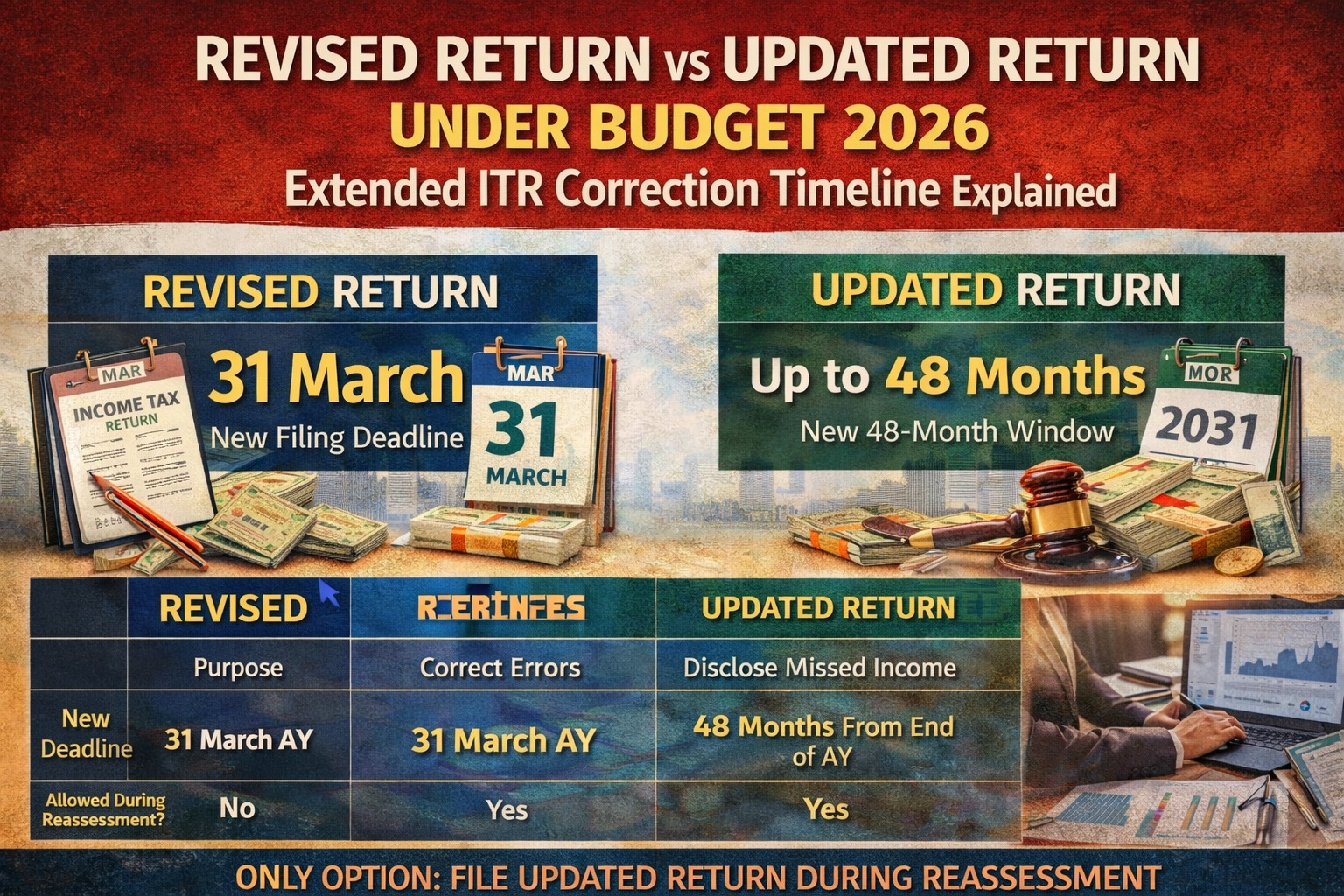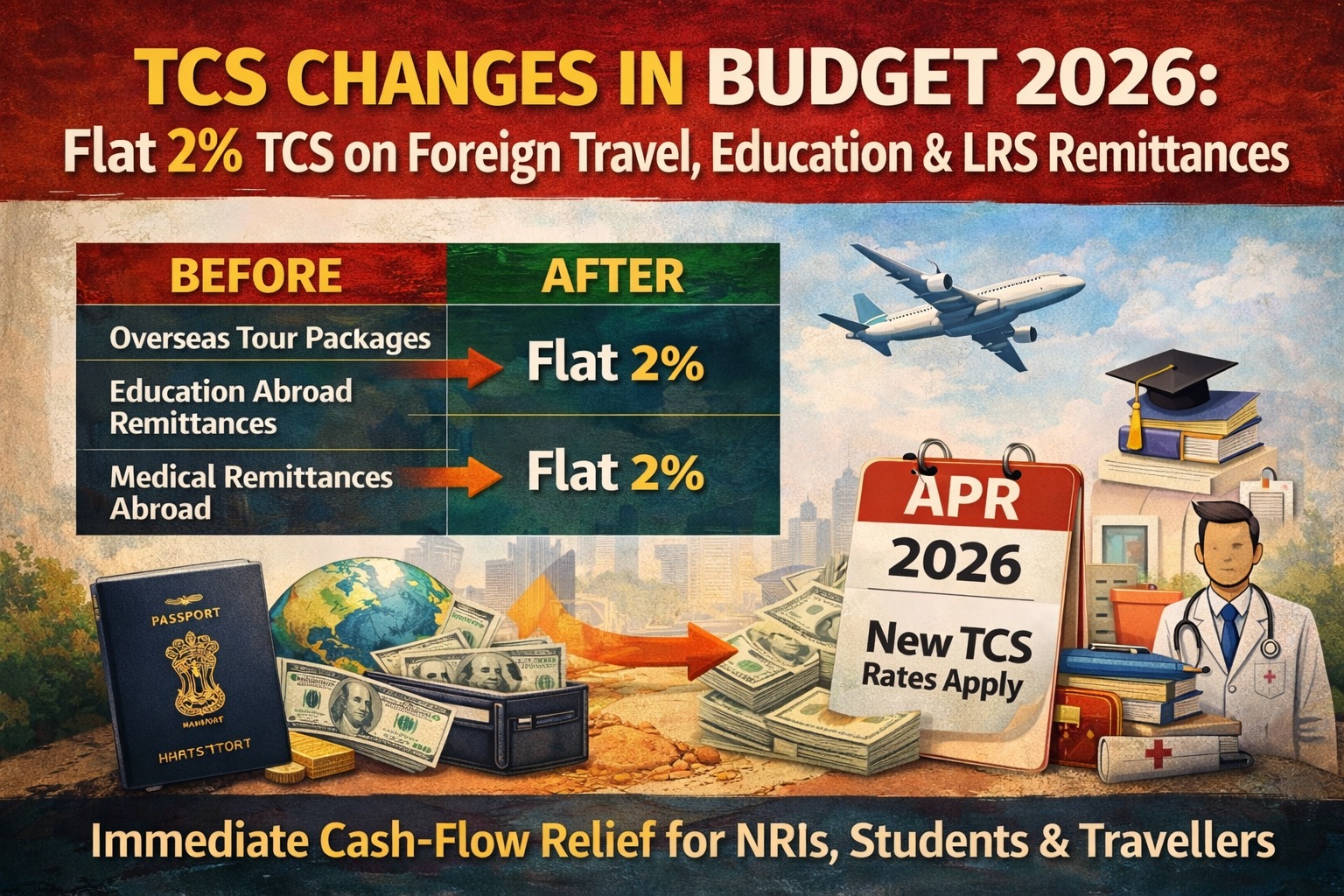 WhatsApp
WhatsApp
 Call Us
Call Us
 Email Us
Email Us
 Whatsapp Community
Whatsapp Community

In a bid to foster foreign investment in derivatives, the Reserve Bank of India (RBI) has recently made significant amendments to the Foreign Exchange Management Act (FEMA) regulations. These changes are poised to streamline margin management for trading in permitted derivatives, whether transactions occur within or outside India.
The RBI's move, encapsulated in two notifications, primarily empowers Authorized Dealers (ADs). These dealers now have the green light to post and collect margin both domestically and internationally for permitted derivative contracts entered into with non-resident individuals or entities. Moreover, ADs can engage in derivative transactions with overseas branches and International Financial Services Centre Banking Units, further facilitating foreign investment in this domain.
Under the new regulations, ADs are also permitted to enable non-residents to open and maintain interest-bearing accounts in Indian Rupees and/or foreign currency. These accounts serve the sole purpose of managing margins for permitted derivative contracts within India. This groundbreaking provision not only expedites margin obligations but also allows non-residents to accrue interest on the funds held in these accounts, rather than letting them remain idle.
The significance of these amendments reverberates across multiple fronts. Firstly, non-residents keen on participating in derivative contracts permitted under Indian regulations now have a streamlined avenue to manage margin requirements. This dedicated account mechanism ensures efficient handling of funds related to permitted derivative contracts, facilitating smoother transactions for foreign investors.
Moreover, by easing margin requirements, the RBI aims to mitigate risk exposure for all stakeholders involved in derivative trading. Margin money, constituting a specific percentage of the value of outstanding positions, serves as a crucial risk management tool for both investors and stock exchanges. With the regulatory landscape becoming more conducive, foreign investors can confidently explore derivative investment opportunities in India, bolstering the country's position as an attractive investment destination.
It's imperative to note that while these amendments signal a positive stride towards enhancing foreign investment in derivatives, stakeholders should remain vigilant for any additional guidelines or circulars issued by the RBI. A comprehensive understanding of the evolving regulatory framework will be indispensable for navigating the derivative market effectively.
In essence, the RBI's proactive measures underscore its commitment to fostering a conducive environment for foreign investment in derivatives. As India continues to solidify its position as a global investment hub, these regulatory amendments serve as a testament to the nation's unwavering commitment to economic growth and financial inclusivity.







Stay in the loop, subscribe to our newsletter and unlock a world of exclusive updates, insights, and offers delivered straight to your inbox.